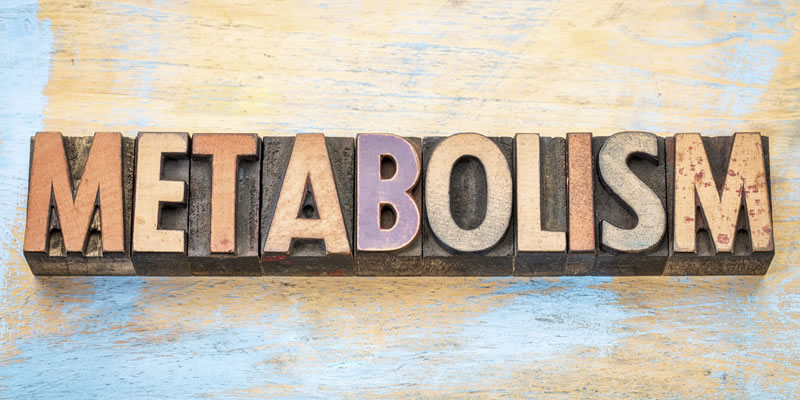A decline in cognitive health has been linked to a quicker rate of bone loss and a greater risk of future fractures, according to new research.
Approximately 200 million people suffer from the bone condition osteoporosis globally, and more than 35 million suffer from dementia. This is predicted to double within the next 20 years.
The study’s senior author, Professor Jacqueline Center from the Garvan Institute of Medical Research in Australia, said: “Bone loss and cognitive decline are major public health issues, but both are ‘silent diseases’ that can go undetected and untreated for long periods, often until the conditions are severely progressed.
“Our study has revealed a link between the two in women, which suggests that cognition should be monitored together with bone health, as a decline in one could mean a decline in the other.”
The research was carried out over 16 years on people aged 65 and over, and aimed to improve practices relating to both cognitive and bone health while enhancing the effectiveness of treatment.
Dr Dana Bliuc from the Garvan Institute said: “Cognitive decline and bone loss both result in increased disability, loss of independence and an increased risk of mortality. There is some evidence that older individuals with dementia have a higher risk of hip fractures, but whether the decline of both bone and cognitive health are linked over time has not been studied. We set out to understand the long-term association.
“We observed a significant link between a decline in cognitive health and bone loss in women. This association was weaker and not statistically significant in men. Interestingly, we also saw that cognitive decline over the first five years was associated with a 1.7-fold increase in future fracture risk in women in the subsequent 10 years. This was independent of the level of bone loss.”
Researchers say the link could potentially be down to a third factor, such as estrogen deficiency, something woman are affected by after menopause and which is associated with cognitive decline and bone loss.
Professor Center concluded: “What our study highlights is that cognitive health is potentially an important factor for providing more information to individuals and their health professionals on fracture risk, and ultimately improve health outcomes for our older population.”
The findings have been published in the Journal of Bone and Mineral Research.




